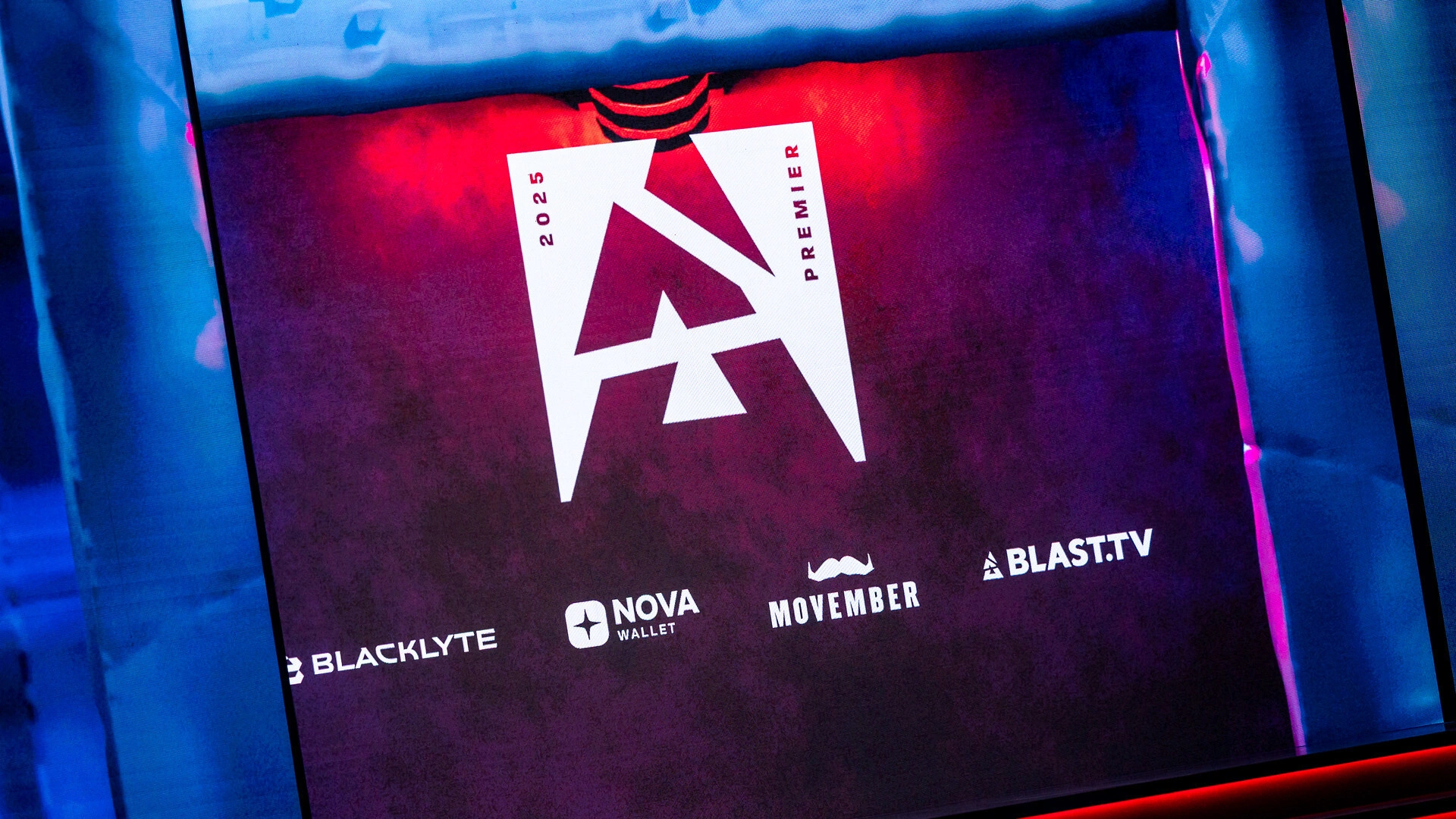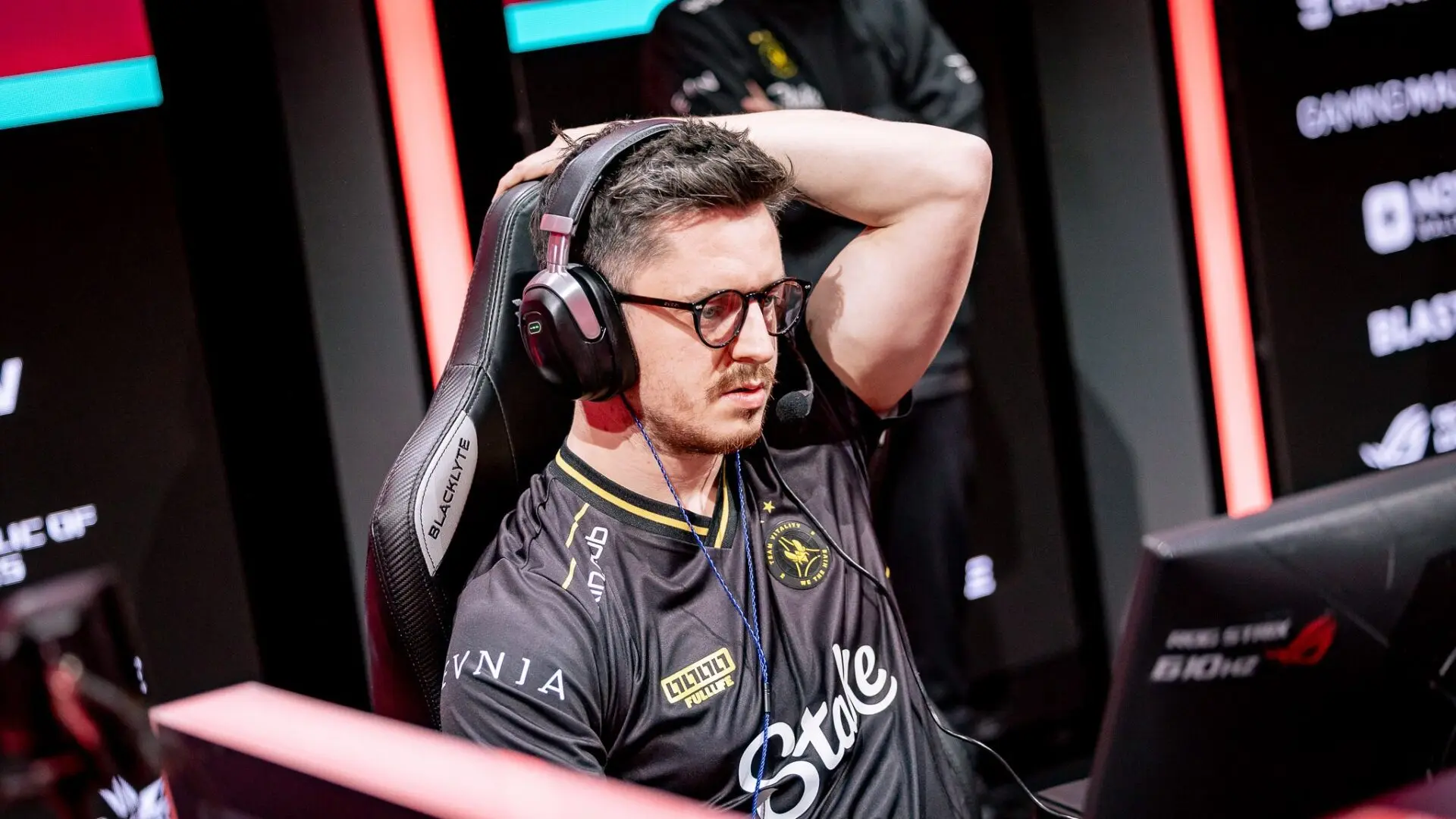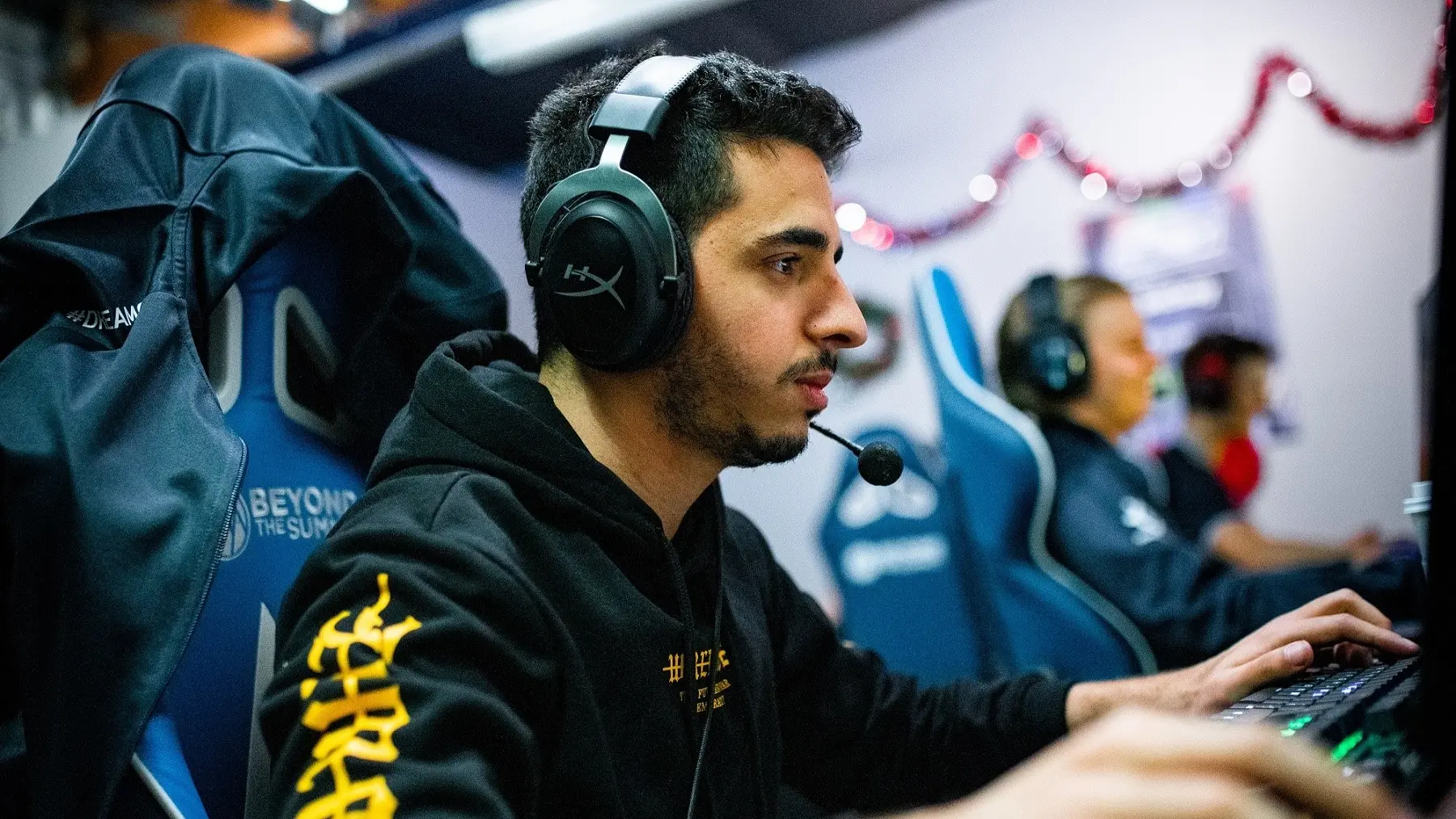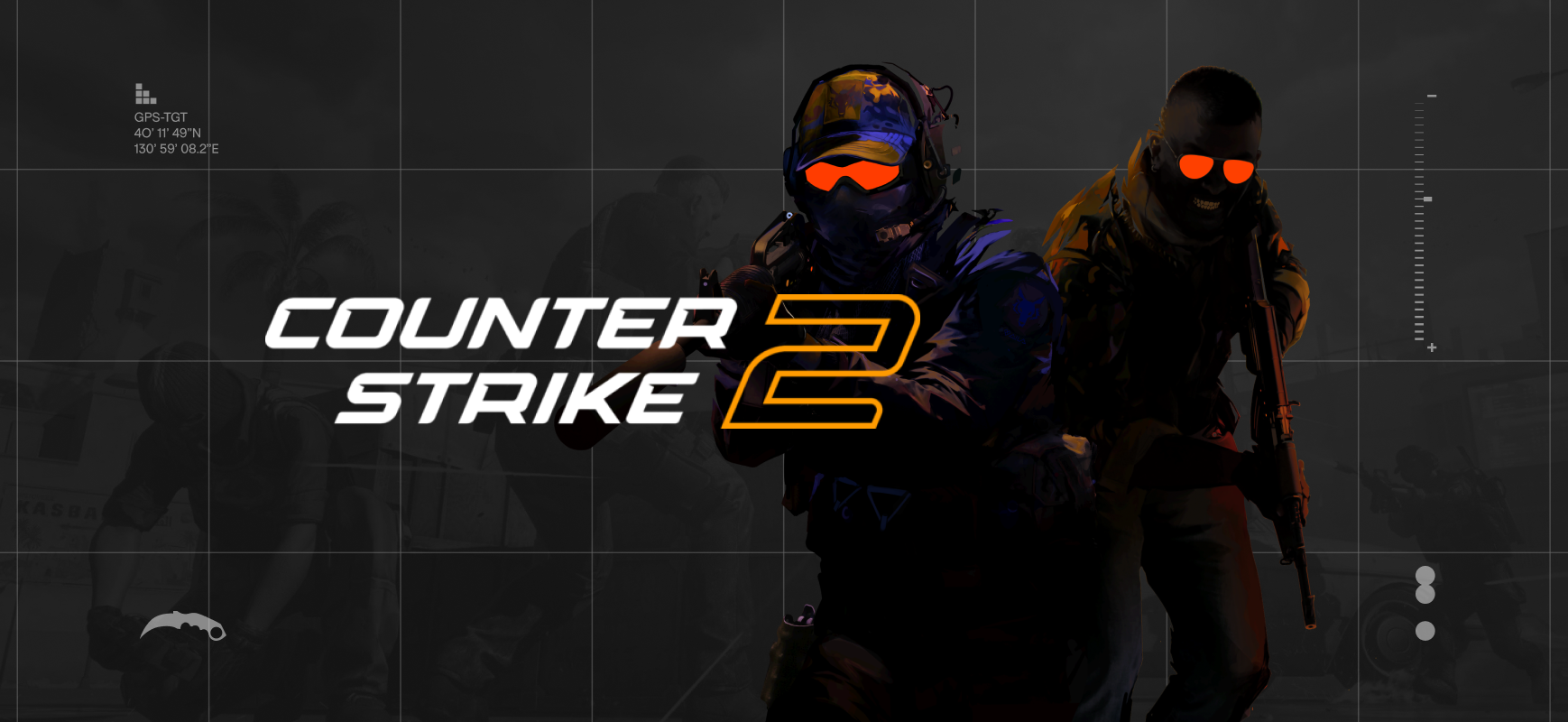Counter-Strike 2 tournament organizer PGL has announced two major updates: the PGL Masters Bucharest final will now take place one day earlier, and the controversial rule regarding disqualification from direct invites will apply only to the Cluj-Napoca 2026 Major. However, instead of approval, these decisions sparked a new wave of criticism: part of the community believes the company has been forced to retreat under pressure from ESL and BLAST.
Bucharest Final Moved to Saturday
PGL Counter-Strike 2 Updates:
1.
We’ve adjusted the schedule for PGL Masters Bucharest, and the event will now conclude a day earlier: on Saturday, November 1st, instead of Sunday.2.
At PGL, we are strong supporters of transparency, the strict application of rules, and a fair… pic.twitter.com/WlHwT9AYiC— PGL (@pglesports) September 9, 2025
PGL Masters Bucharest, set to begin on October 24, will now conclude on Saturday, November 1st, rather than Sunday. The reason is scheduling overlap with IEM Chengdu, which starts immediately after the Bucharest event. For players and teams, this provides slightly more breathing room for travel and recovery. But fans noticed something else: PGL, which only recently projected confidence in its calendar, is now being forced to adjust under the weight of its competitors.
read more
Cluj-Napoca 2026 Rule Softened
Another move came with changes to the invite regulations. PGL had previously announced that teams could lose a direct invite if they withdrew from a PGL event after confirming participation. This drew a storm of criticism, with many calling it a form of double punishment. In response, PGL clarified that the rule will apply only to the PGL Major Cluj-Napoca 2026 and will not extend to other tournaments. On paper, this looks like openness to dialogue. In practice, many fans see it as a rollback under pressure — a sign that PGL had to “give in.”
Calendar War: PGL vs. ESL and BLAST
The broader context explains the reactions. PGL CEO Silviu Stroie has already accused ESL and BLAST of deliberately scheduling their tournaments to overlap with PGL events, in order to squeeze out the independent organizer. For example, in autumn 2025, a PGL event (September 29 – October 12) directly coincides with an ESL tournament (September 23 – October 12). Such clashes force teams into a dilemma: choose where to play, while risking valuable Valve Regional Standings points.
Against this backdrop, even minor adjustments to dates or rules look like a retreat. Social media discussions are increasingly questioning whether PGL is truly defending its independence — or being forced to adapt to stronger competitors.
read more
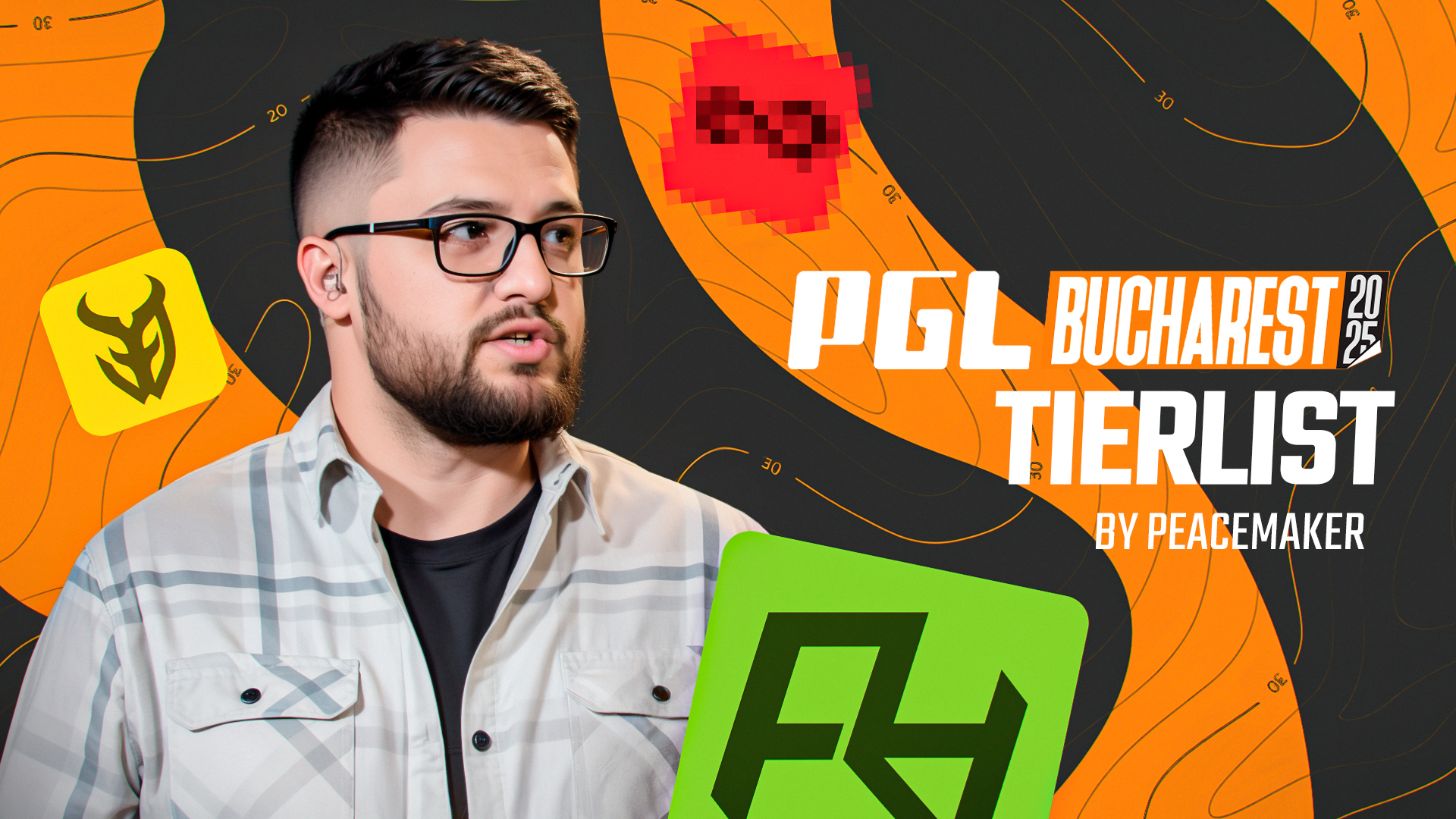
Community Reaction: “They Caved”

Fan discussions in chats and across social media quickly intensified:
- “They caved” — the most common description of PGL’s latest actions.
- “You can’t go against ESL and BLAST” — commentary highlighting the duopoly’s dominance.
- “Tournament after tournament, this is insane” — frustration with an overloaded calendar where organizers fight for every date.
- There were also voices of support: “Heard you, brother” — a meme symbolizing approval of the attempt to ease the schedule for teams.
Yet even positive takes sounded less like praise for PGL and more like relief that the situation had become slightly less exhausting.
What This Means for the CS2 Scene
PGL’s latest moves highlight the ambivalence of its position. On one hand, the company wants to present itself as caring for players and promoting transparent rules. On the other, its decisions are increasingly seen as forced compromises in a calendar war dominated by ESL and BLAST.
- PGL is maneuvering just to preserve space for its own events.
- ESL and BLAST are pressing ahead, filling nearly every available window of the season.
- Valve remains on the sidelines, avoiding intervention despite mounting criticism.
For teams, this means politically complex choices about where to play. For players, it means more pressure and less rest. For fans, it raises the risk of prestige dilution, with too many tournaments crowding the calendar.
read more

Conclusion
The rescheduling of the Masters Bucharest final and the softened rule for Cluj-Napoca 2026 are more than technical tweaks — they are markers that PGL is being forced to back down in the calendar war. While the organizer strives to showcase transparency and care for the scene, many fans interpret these decisions as evidence that PGL is no longer setting the terms, but adapting to them under pressure from ESL and BLAST.




































